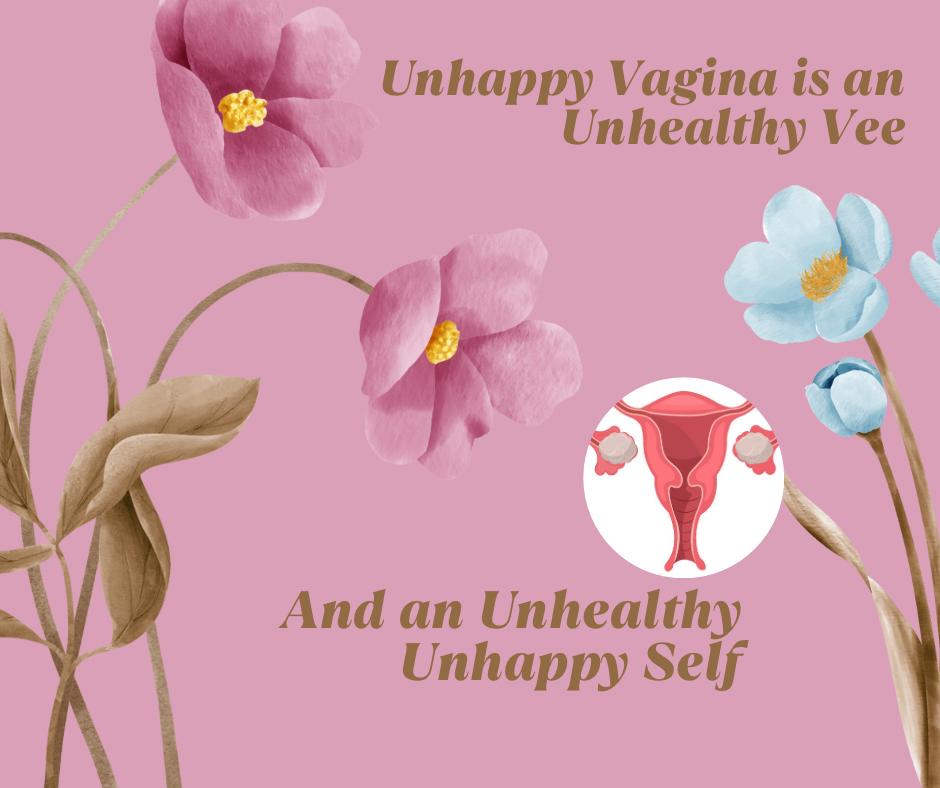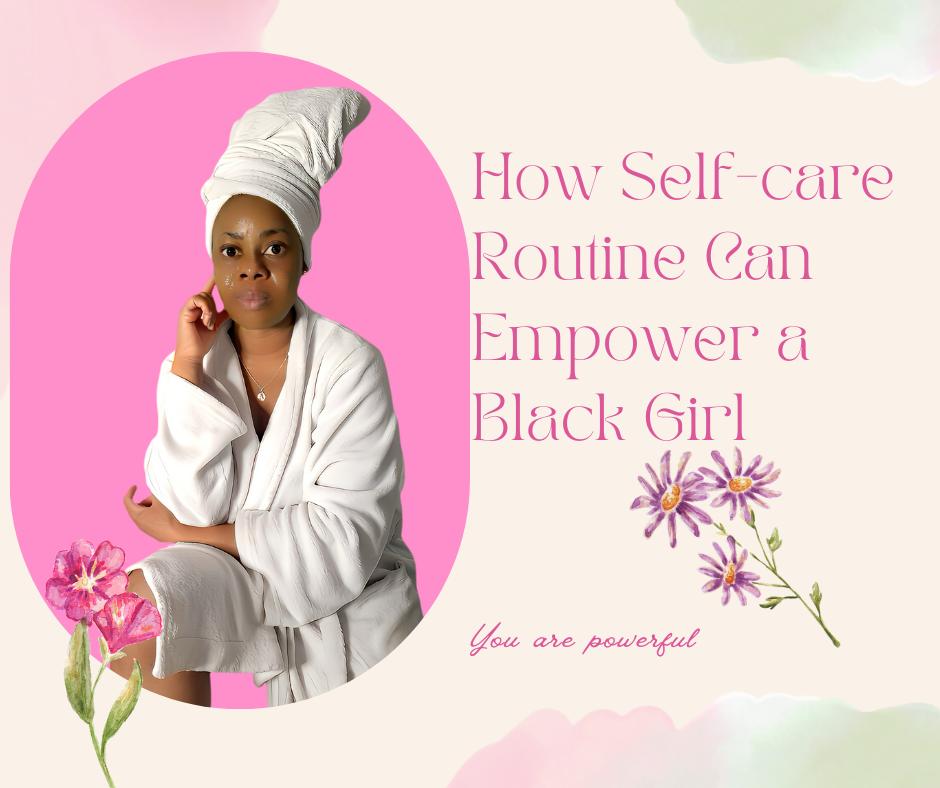Let’s get into the Vee-talk. Unhappy Vee is an unhealthy Vee and an unhealthy unhappy self. Nobody feels good when there is a problem down there. Dryness, itching, discharge, and infections are usually signs of Unhappy Vee. Imagine during menstruation, which is a normal process of womanhood, how dramatic a woman’s body can be. Then imagine being dried out down there. This condition usually affects women in their 40s and older. An unhappy V can lead to so many health complications. Get to know and understand your body, the causes, the treatments, and how to keep the V as happy as ever.
Understanding Vaginal Dryness?
Vaginal dryness is a common condition that affects the moisture and lubrication of the vaginal tissues. An imbalance of the organisms in the vagina can lead to infections and discomfort. These symptoms can include discomfort, itching, burning, and pain, particularly during sexual intercourse. Vaginal dryness can occur at any age, but it is more common during perimenopause and menopause.
Causes Of Unhappy Vagina?
Several factors can contribute to vaginal dryness:
-
Hormonal Changes
The main reason is a drop in estrogen levels, which often happens during perimenopause and menopause. Estrogen helps keep the vaginal tissues thick and elastic and promotes vaginal lubrication. When estrogen levels drop, the vaginal tissues may become thinner, less elastic, and produce less moisture.
-
Menopause
Menopause is when a woman’s reproductive years come to an end, which is characterized by a substantially reduced production of estrogen. This hormonal change can cause vaginal dryness and other symptoms like hot flashes, night sweats, and mood swings.
-
Breastfeeding
During breastfeeding, estrogen levels decrease, which leads to vaginal dryness in some women. Some women experience a lack of vaginal lubrication the entire time they are nursing, which can be annoying and even painful. In addition, symptoms that often seem like those experienced during perimenopause, such as hot flushes, headaches, or joint pains, can also be experienced.
-
Medications
Certain medications, such as hormonal contraceptives, antihistamines, and antidepressants, will cause vaginal dryness as a side effect. Antihistamines have a drying effect on the body, including your vagina. These drugs can be used for cold and sinus medications and allergy relief. Antidepressants such as selective serotonin reuptake inhibitors (SSRIs) can also contribute to vaginal dryness. Anti-estrogen medications, including those used to treat uterine fibroids and endometriosis, can also interfere with your body’s ability to self-lubricate.
-
Chemotherapy and Radiation Therapy
Chemotherapy and radiation therapy are two of the most common treatments for cancer. These types of treatments are designed to target rapidly growing cancer cells, but unfortunately, they also kill healthy cells, including those in the ovaries, which can lead to vaginal dryness. Direct radiation therapy to the vagina can thin and weaken the lining, making it more susceptible to dryness. If the ovaries receive a large dose of radiation, they can stop functioning, which can have serious consequences.
-
Stress and Anxiety
Stress and anxiety directly affect your mood, which in turn affects hormone levels and contributes to vaginal dryness. Stress and anxiety can also affect a woman’s sexual desire and the flow of blood to the vagina. This inadequate blood flow will inevitably lead to vaginal dryness in some cases.
-
Smoking
Nicotine in Cigarettes and vaping has the effect of drying out the body which blocks blood flow to the vagina and other areas. This can cause dryness and a decrease in lubrication. Smoking is also linked to decreased estrogen levels, which can exacerbate vaginal dryness.
-
Hygiene Products
Douches, feminine hygiene sprays, scented soaps, and other feminine hygiene products containing irritants can disrupt the natural pH balance of the vagina and contribute to dryness.
If you have vaginal dryness, burning, itching, or pain with sex, don’t ignore your symptoms. It’s important to address vaginal dryness, as it can impact sexual satisfaction, lead to discomfort, and increase the risk of vaginal infections and other complications. Treatment options range from over-the-counter lubricants and moisturizers to hormone therapy prescribed by your OB-GYN.


